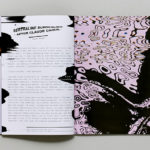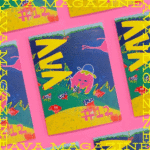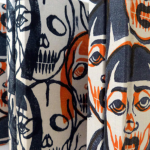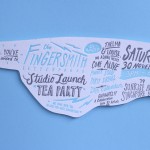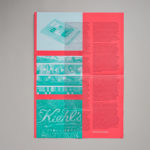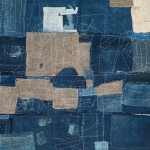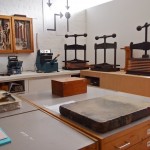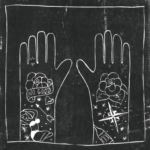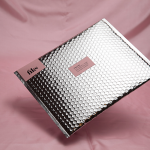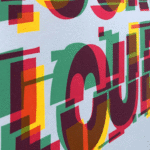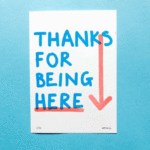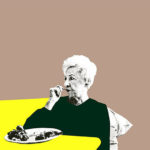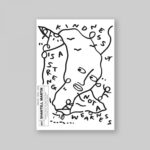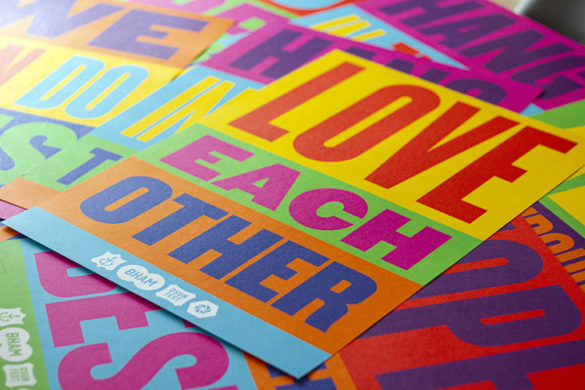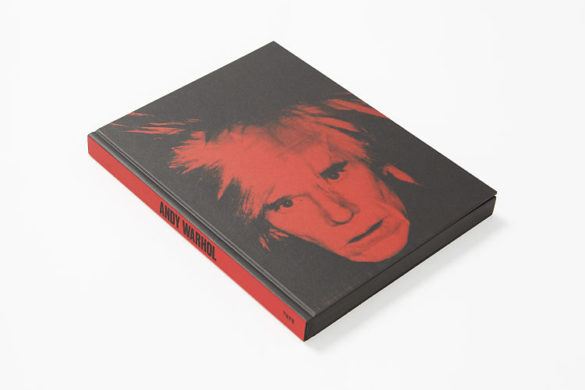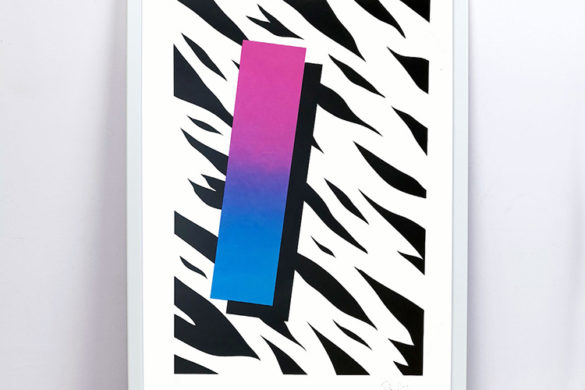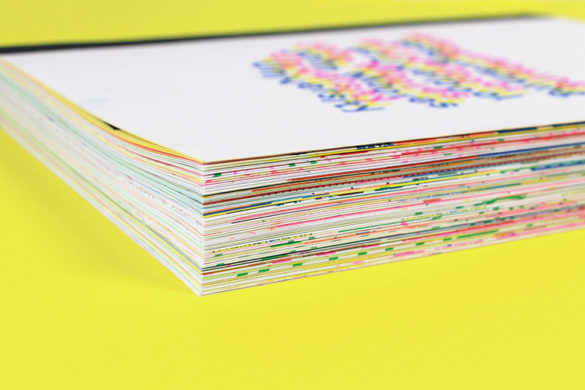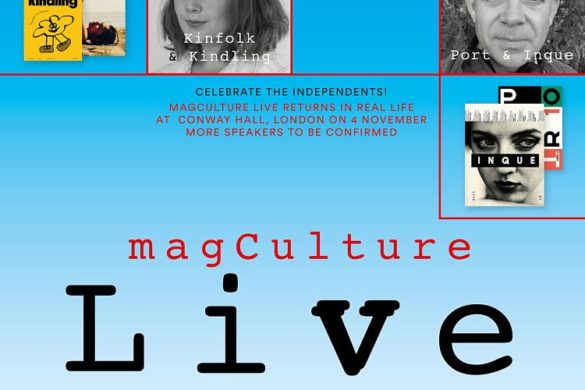The latest publication from Counter-Print is Process — Visual Journeys in Graphic Design; a unique book highlighting the rarely shown process and sketches behind the making of marks and logotypes. The book is based on the work by the award-winning, Stockholm based design studio BankerWessel. Twelve projects are presented with nearly 1500 individual sketches with attached annotations showing the thought process present behind the creation. The publication includes marks for a range of companies within the realm of art, music and fashion as well as a conversation about process between the four creatives of the studio.
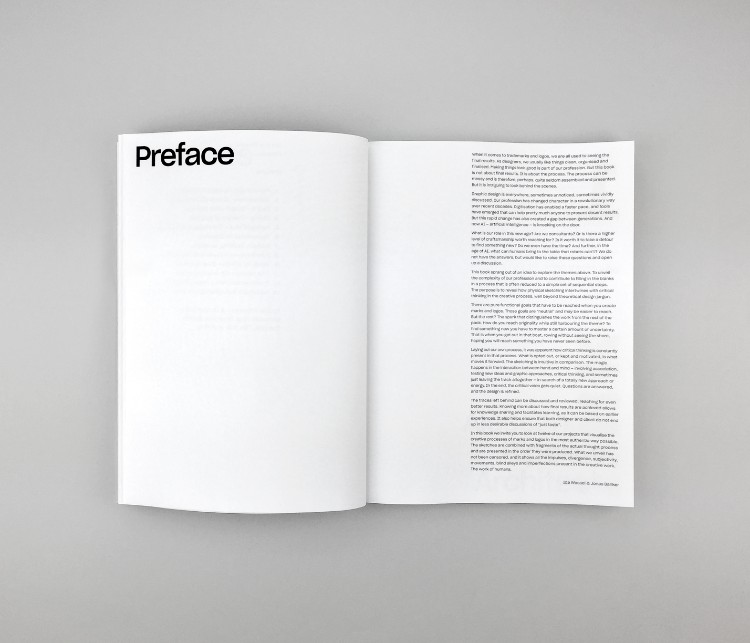
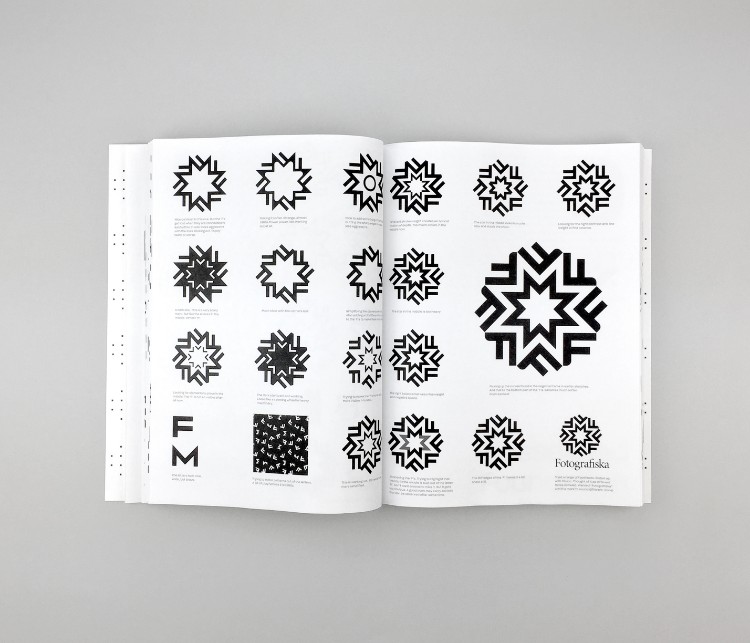 When it comes to trademarks and logos, viewers are very accustom to seeing the finished piece. Yet, this publication is not about final results and, instead, invites the reader to view the creative process. Designers usually like things clean, organised and finalised, but this book illustrates that the process can be messy, and perhaps quite seldom assembled and presented. Process is an intriguing look behind the scenes and a visualisation of the creative process in the most authentic way possible.
When it comes to trademarks and logos, viewers are very accustom to seeing the finished piece. Yet, this publication is not about final results and, instead, invites the reader to view the creative process. Designers usually like things clean, organised and finalised, but this book illustrates that the process can be messy, and perhaps quite seldom assembled and presented. Process is an intriguing look behind the scenes and a visualisation of the creative process in the most authentic way possible.
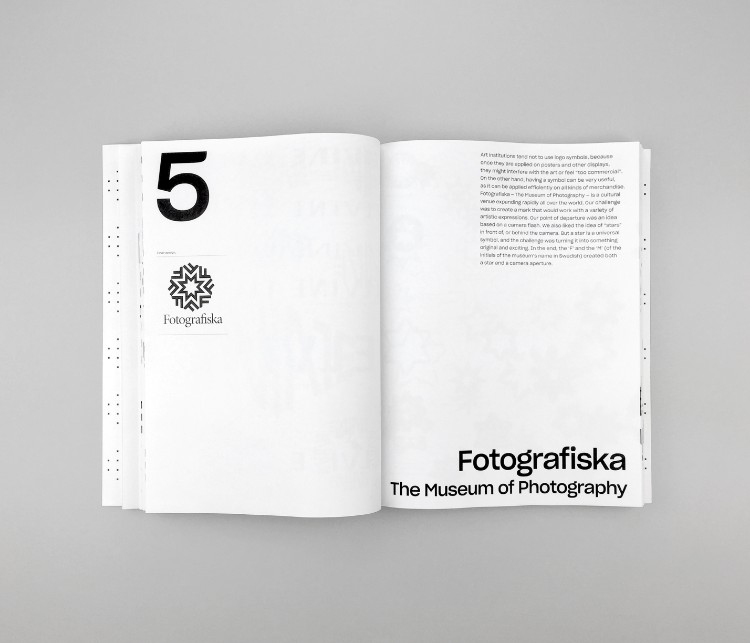
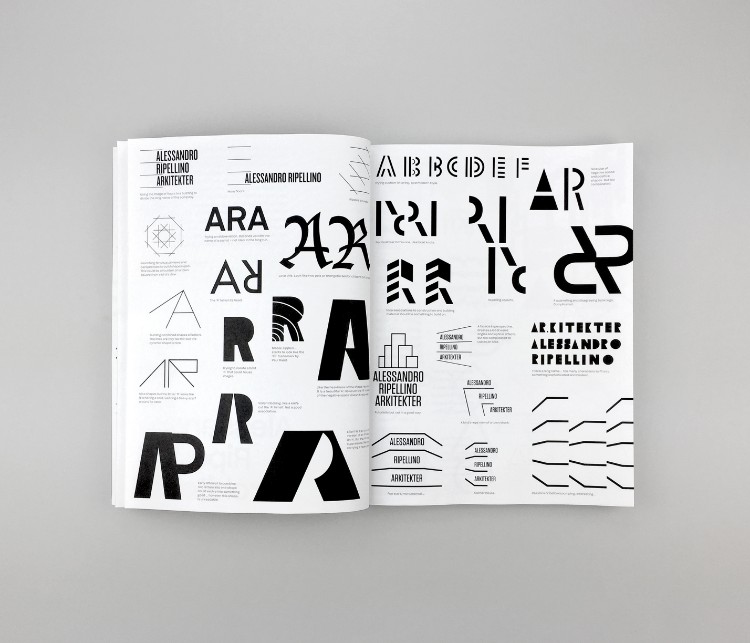 Graphic design is everywhere, sometimes unnoticed, sometimes vividly discussed. The profession has changed character in a revolutionary way over recent decades. Digitalisation has enabled a faster pace, and tools have emerged that can help pretty much anyone present decent results. But this rapid change has also created a gap between generations, and now artificial intelligence is a potential reality. What is the designer’s role in this new age? Are they consultants? Or is there a higher level of craftsmanship worth reaching for? Is it worth taking a detour to find something new? Do they even have the time? And further, in the age of AI, what can humans bring to the table that robots can’t? BankerWessel do not have the answers, but with this book they hope to raise these questions and open up a discussion.
Graphic design is everywhere, sometimes unnoticed, sometimes vividly discussed. The profession has changed character in a revolutionary way over recent decades. Digitalisation has enabled a faster pace, and tools have emerged that can help pretty much anyone present decent results. But this rapid change has also created a gap between generations, and now artificial intelligence is a potential reality. What is the designer’s role in this new age? Are they consultants? Or is there a higher level of craftsmanship worth reaching for? Is it worth taking a detour to find something new? Do they even have the time? And further, in the age of AI, what can humans bring to the table that robots can’t? BankerWessel do not have the answers, but with this book they hope to raise these questions and open up a discussion.
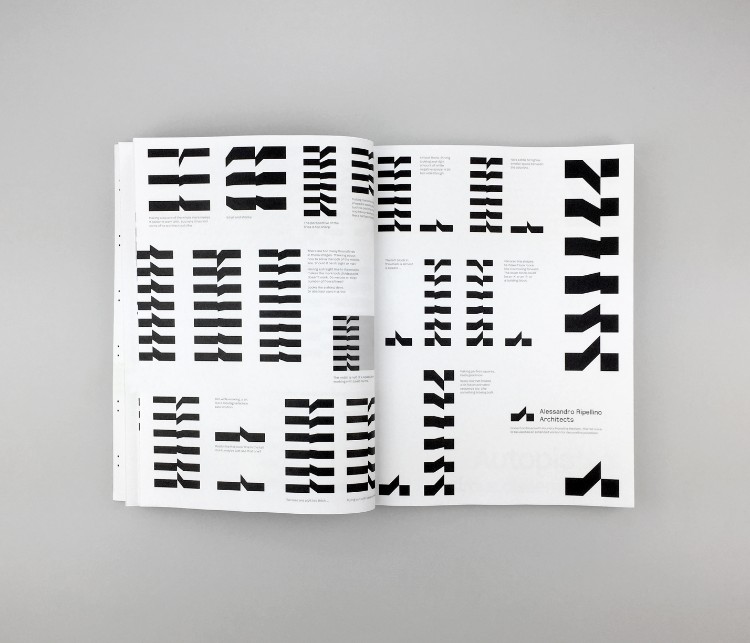
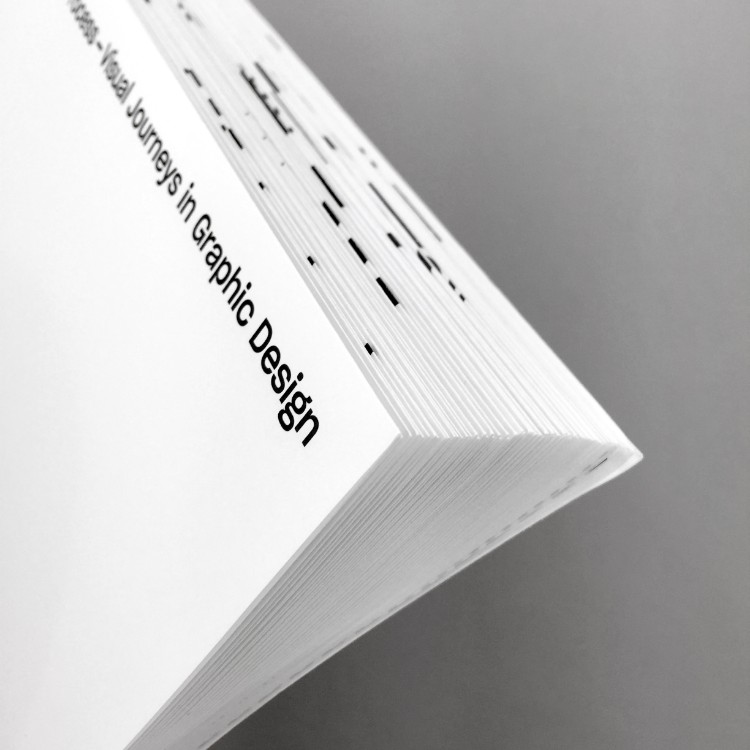 Process sprang out of an idea to explore these themes; to unveil the complexity of identity design and to contribute to the filling in of the blanks in a process that is often reduced to a simple set of rules. The purpose is to reveal how physical sketching intertwines with critical thinking in the creative process, well beyond theoretical design jargon. The sketches are combined with fragments of the actual thought process and are presented in the order they were produced. What they unveil has not been censored, and it shows the impulses, divergence, subjectivity, movements, and imperfections present in the creative work. The work of humans.
Process sprang out of an idea to explore these themes; to unveil the complexity of identity design and to contribute to the filling in of the blanks in a process that is often reduced to a simple set of rules. The purpose is to reveal how physical sketching intertwines with critical thinking in the creative process, well beyond theoretical design jargon. The sketches are combined with fragments of the actual thought process and are presented in the order they were produced. What they unveil has not been censored, and it shows the impulses, divergence, subjectivity, movements, and imperfections present in the creative work. The work of humans.
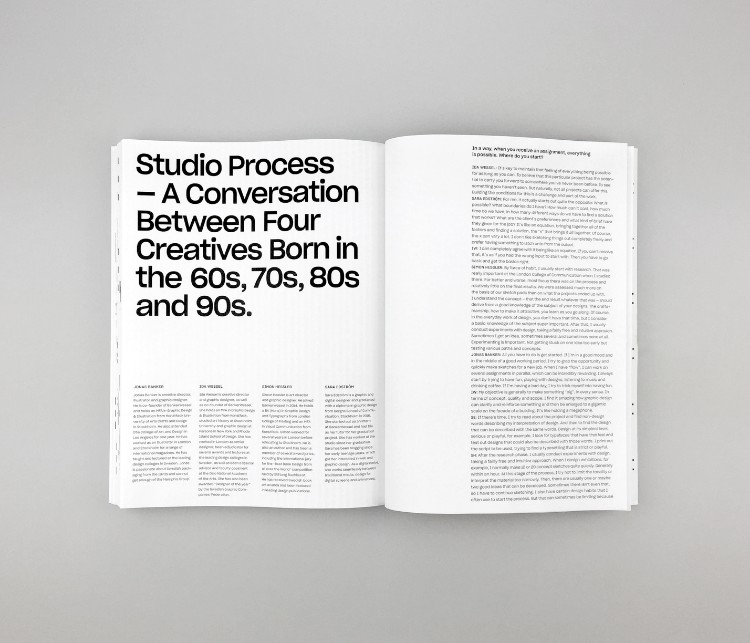
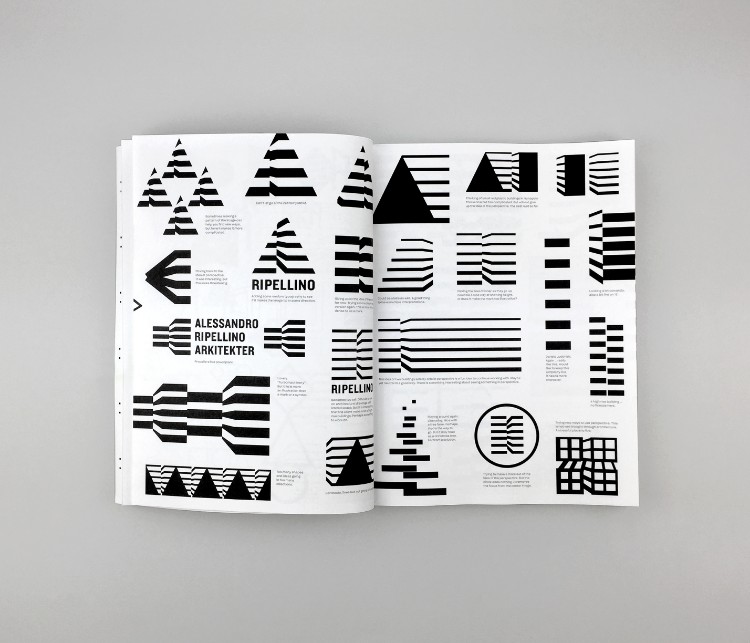
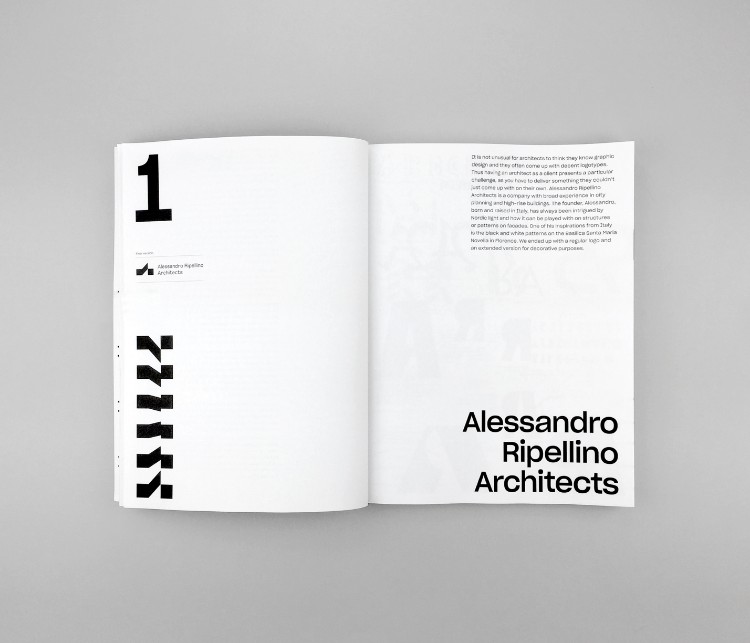
The book is available now from www.counter-print.co.uk.
You might like...
- Top 2025 Calendars - November 21, 2024
- Alphabet in Motion - November 18, 2024
- Posterzine Issue 101 | Joe O’Donnell - April 29, 2024



